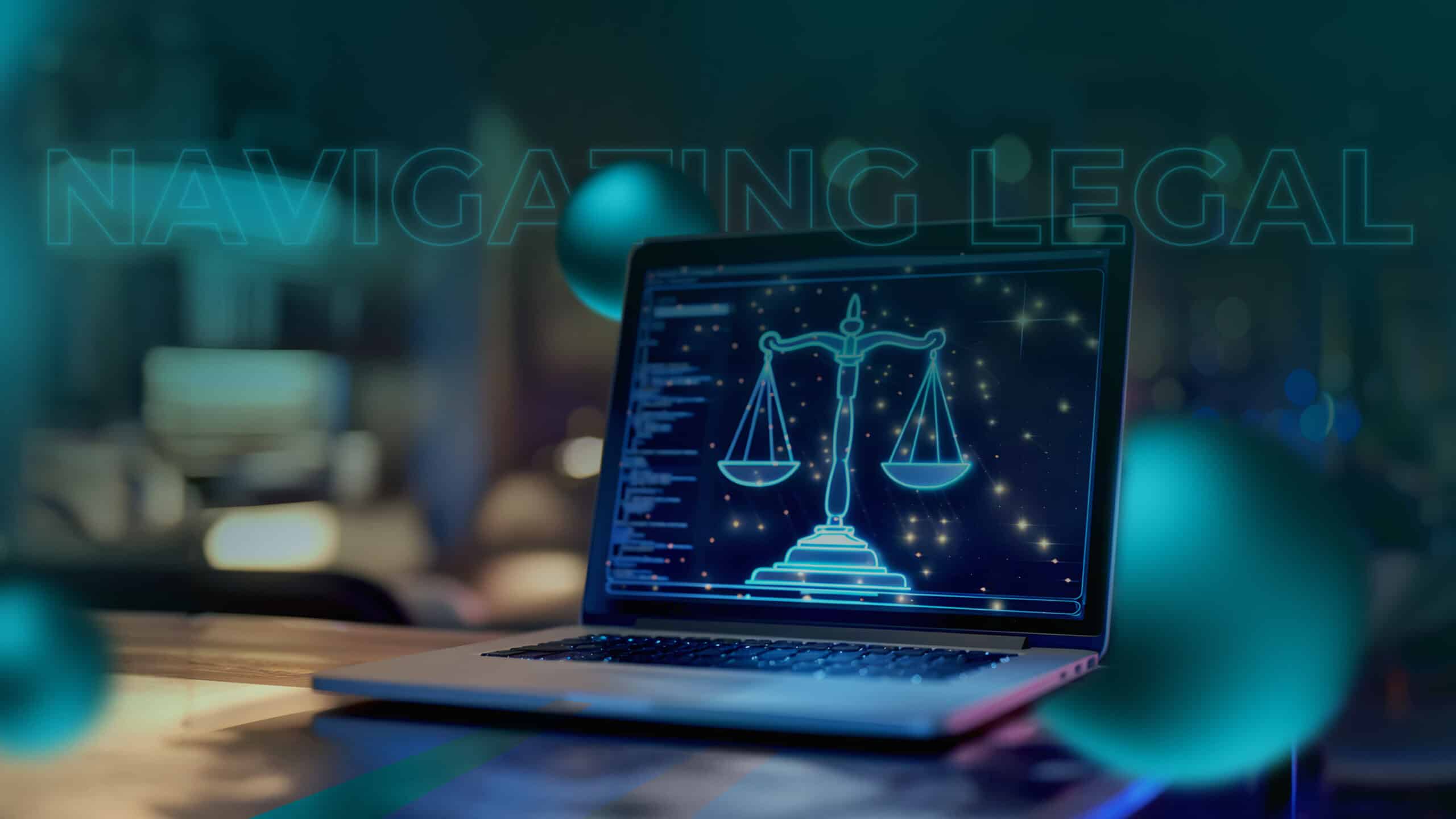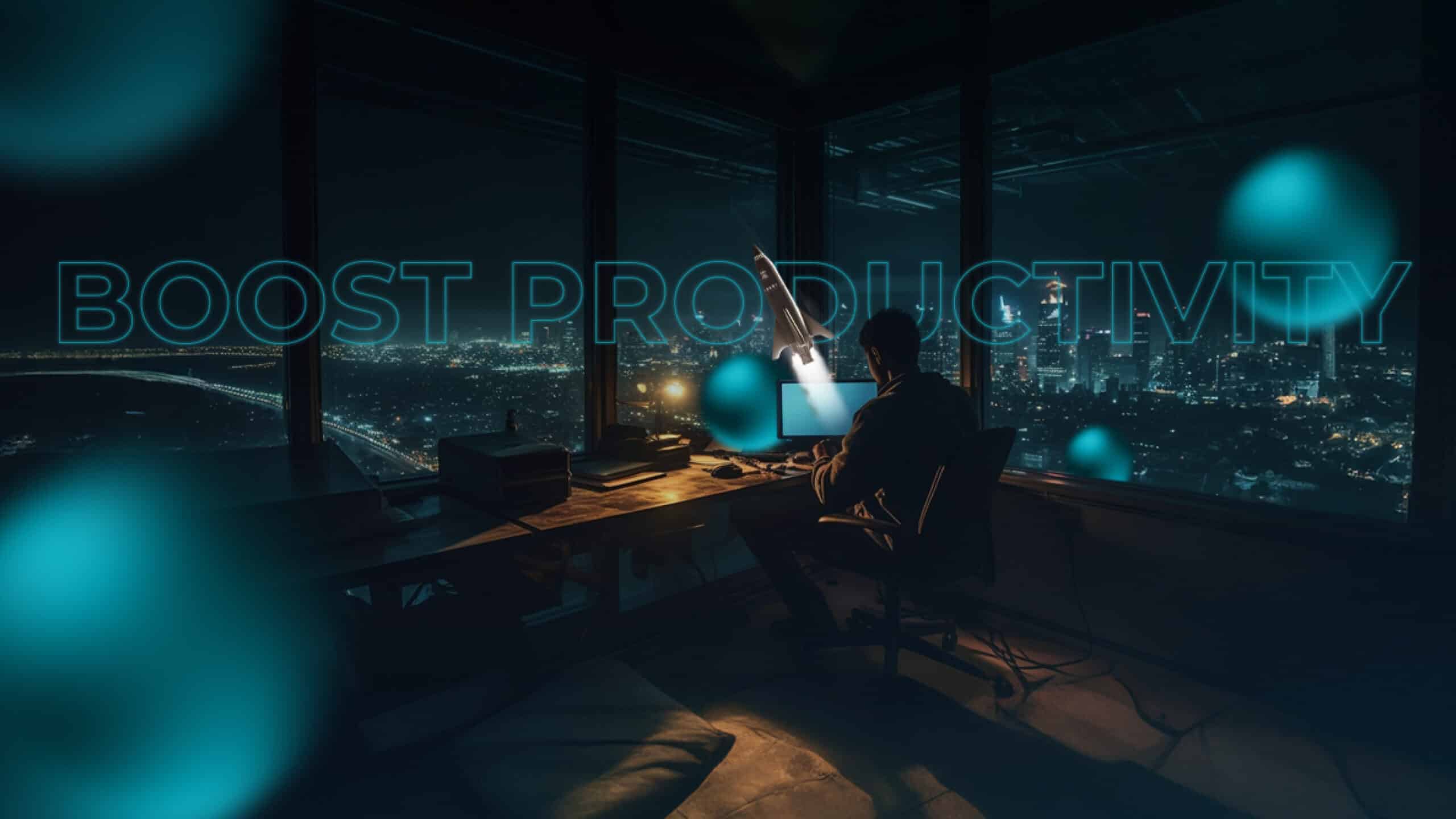The Use of AI and Automation for Recruitment
The recruitment landscape is evolving. According to a recent Garnet study, 76% of HR leaders believe that adopting artificial intelligence like generative AI is essential for staying ahead. AI and automation are transforming traditional hiring by making the process more efficient and seamless. They are enabling organizations to complete recruitment tasks faster and more easily.

For you to capitalize on this trend, we’ll outline how to use automation and artificial intelligence in recruitment. Furthermore, we will highlight the potential benefits and pitfalls associated with adopting these technologies.
Read on.
Ways to Use AI and Automation in Recruitment
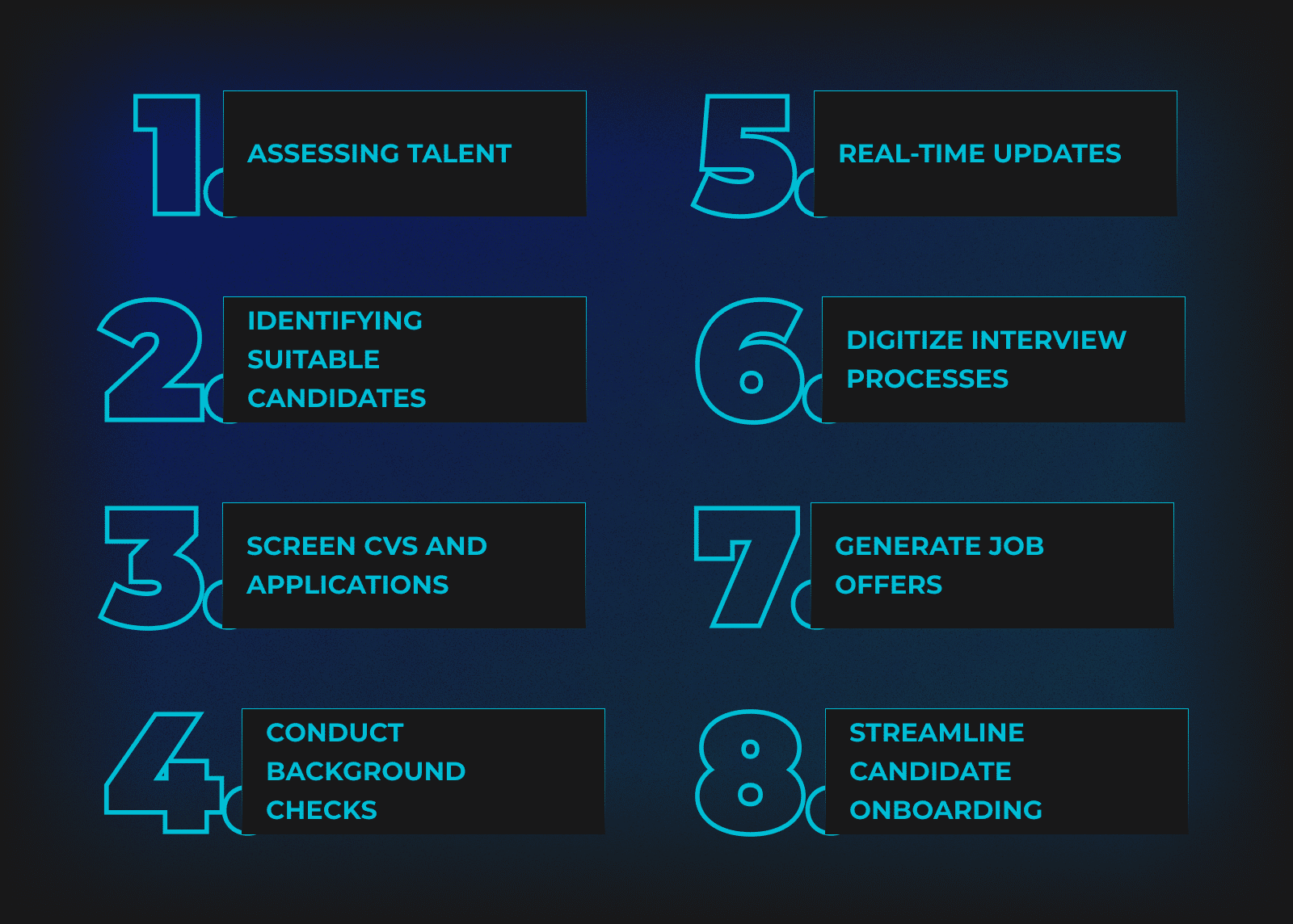
Here are some ways HR teams can leverage automation and AI in talent acquisition.
Assessing Talent
AI analyzes extensive data to pinpoint key skills, experiences, and attributes aligned with a job profile. Using natural language processing and machine learning algorithms, it evaluates a candidate’s suitability based on qualifications, experience, behavior patterns, and other relevant information. This insightful data will help recruiters decide whether the talent is worth headhunting. Headhunting is seeking and engaging talented individuals not actively looking for work.
Identifying Suitable Candidates
Recruiters usually invest 13 hours weekly in candidate searches. However, artificial intelligence recruitment tools can expedite this by scanning databases, job boards, and social media for potential matches. These tools assess candidates’ skills and experiences, matching them with relevant jobs and making talent acquisition more targeted and efficient. AI technology also enables you to create personalized Employee Value Propositions for each candidate, tailoring your outreach to their individual needs.
Screen CVs and Applications
Did you know companies often get 250 job applications per opening? Handling such a volume can be time-consuming and challenging. AI-powered tools streamline this process by efficiently scanning and extracting key information from CVs, including education, experience, skills, and qualifications. This automation eliminates unqualified candidates, speeding up recruitment and enabling human resources professionals to concentrate on evaluating candidates who meet essential requirements.
Conduct Background Checks
Once candidates meeting the job requirements are selected, it’s essential to conduct thorough AI-driven background checks. Instead of manual checks or hiring external agencies, AI algorithms can automate this process. These automated tools analyze diverse data sources, including history, criminal records, employment, and references. This process ensures informed decision-making by highlighting potential concerns and safeguards the hiring process’s integrity, ultimately protecting the organization from risks.
Real-time Updates
67% of candidates see companies that send regular updates during the application process in a more favorable light than those that don’t. Many of these companies use AI chatbots to quickly update candidates on application status, interviews, and onboarding. This real-time feature enhances transparency, reduces miscommunication, improves the candidate experience, and lightens the administrative workload for recruiters.
Digitize Interview Processes
AI-powered video interview platforms simplify interviews by facilitating virtual interactions. Candidates can record responses, aiding recruiters in assessing communication skills, body language, and job fit. This automated process saves time and resources for both parties, promoting a fair and inclusive recruitment experience.
Generate Job Offers
AI algorithms create job offers by considering predefined criteria, candidate qualifications, and preferences. These tools automate the offer process, providing candidates with timely and relevant information. This streamlines recruitment and consistency in the offer creation process and speeds up the final stages of hiring.
Streamline Candidate Onboarding
Finally, AI-powered tools can streamline the onboarding process, automating paperwork, compliance, and training for a seamless transition into the organization. This enhances efficiency, fosters a positive onboarding experience, and boosts employee retention.
Tools for AI-Powered Recruitment
There are dozens of powerful AI tools designed to elevate your recruitment process. The examples below can help you combine AI and recruitment for optimal hiring.
ChatGPT
ChatGPT, developed by OpenAI, employs advanced NLP and machine learning for human-like conversations. While not explicitly tailored for recruitment, it can enhance candidate interactions, answer questions, and provide information when integrated into chatbots or communication platforms.
HireVue
HireVue uses AI to simplify hiring. It allows recruiters to evaluate candidates through video interviews, focusing on communication skills, professionalism, and role suitability. AI algorithms analyze candidate responses, offering valuable insights. HireVue also provides features like candidate screening, scheduling, and communication management for a comprehensive AI-driven recruitment solution.
Textio
Textio, an AI writing assistant, enhances job descriptions for recruiters. Using natural language processing, it analyzes and suggests improvements for clarity and readability. Considering contextual and cultural factors, Textio ensures an accurate representation of the role, resonating with the target audience. By optimizing job descriptions, Textio boosts recruiter success in attracting more qualified applicants.
Fetcher
Fetcher streamlines candidate sourcing, outreach, and engagement. Its advanced algorithms efficiently identify qualified candidates in extensive talent pools, minimizing the need for manual searching. The platform includes Smart recruitment analytics for quicker and more effective hiring decisions.
Humanly.io
Humanly streamlines recruitment by automating routine tasks and boosting the efficiency of recruiters. With functions like finding candidates, screening, and scheduling, Humanly.io lets recruiters redirect their efforts toward strategic activities. The platform’s AI algorithms improve productivity by identifying suitable candidates, automating repetitive duties, and offering valuable insights to guide recruiters in making informed decisions.
Jobvite
Jobvite, an AI-driven recruitment platform, simplifies hiring through features like recruitment marketing, interviewing, talent acquisition AI & automation, and volume hiring. It enhances efficiency by automating job distribution, resume screening, and candidate relationship management.
Zoho Recruit
Zoho Recruit, an advanced AI-driven recruitment tool, integrates traditional methods with powerful AI features. Its algorithms assist recruiters in identifying suitable candidates from various channels. With features like candidate assessment, background screening, and communication tools, Zoho Recruit’s AI automates routine HR tasks, enabling recruiters to prioritize strategic activities and make informed decisions.
Benefits of using AI for Recruitment
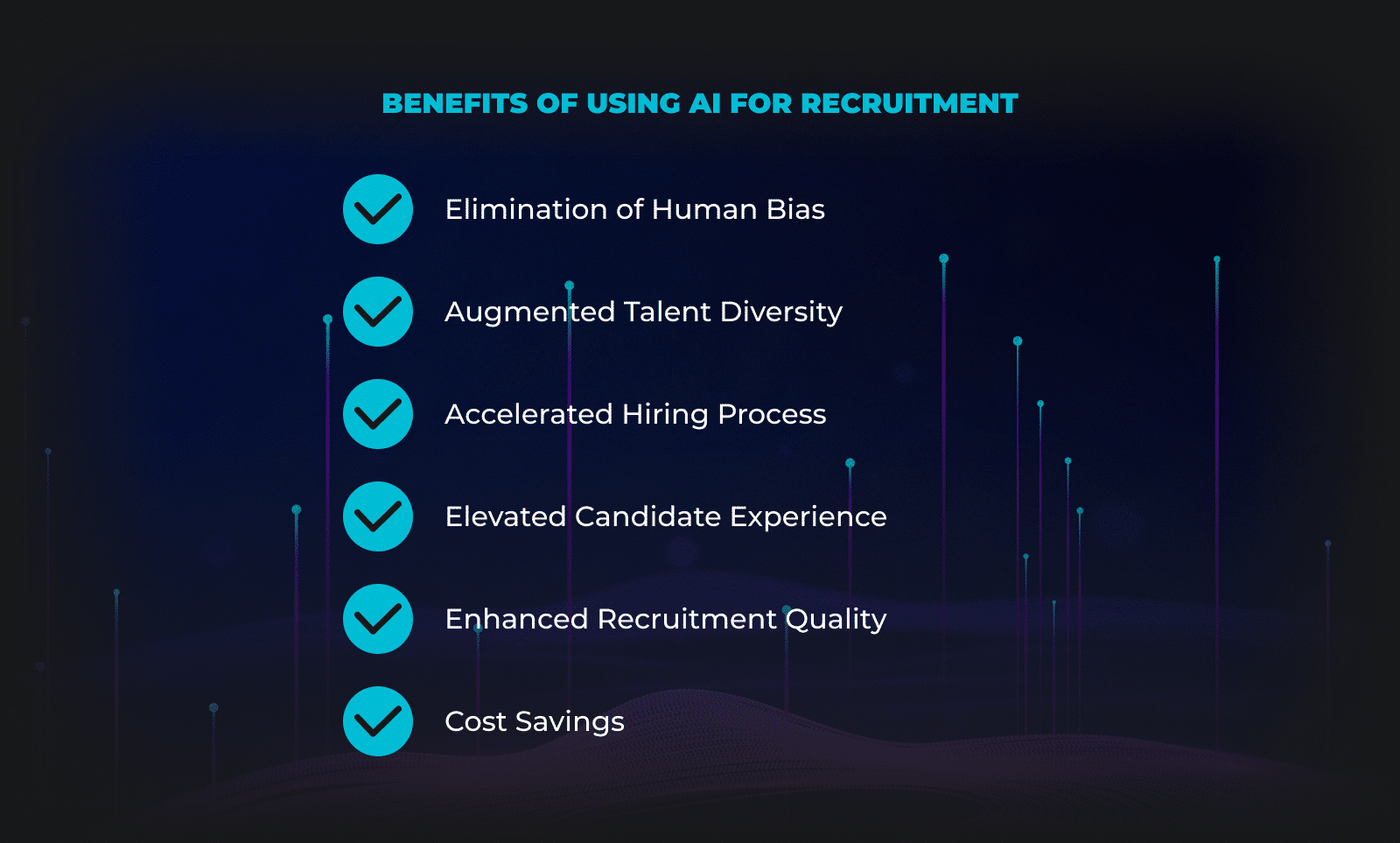
AI in recruitment brings numerous advantages that enhance the efficiency, fairness, and effectiveness of talent acquisition. Let’s explore a few of them.
Elimination of Human Bias
AI reduces human bias in hiring by using objective data and predetermined criteria. Algorithms decide based on skills, qualifications, and experience, fostering a fair and unbiased recruitment environment for equal opportunities. This promotes a more inclusive hiring process. At least 61% of recruitment professionals credit recruiting automation for eliminating unconscious bias in their hiring process.
Augmented Talent Diversity
Conventional hiring methods may miss out on qualified candidates due to geographical constraints or limited reach. In contrast, AI tools can enhance diversity in talent pools. These tools use algorithms to find qualified candidates from various sources like online job boards, social media, and niche communities, regardless of location, emphasizing objectivity and unbiased evaluations. AI sources for, identifies, and evaluates candidates based solely on merit, skills, and qualifications.
Accelerated Hiring Process
Using AI for recruitment accelerates the hiring process. Automated tools efficiently handle tasks such as resume screening, freeing up recruiters to concentrate on top-tier candidates. Thanks to lightning-fast data analysis and precise candidate matching, AI significantly shortens the time to spot, engage, and onboard qualified individuals. Additionally, AI streamlines interviews by scheduling and generating guides, minimizing the time needed for candidate evaluation and selection.
Elevated Candidate Experience
Using AI in recruiting process improves the candidate experience by automating tasks and offering personalized communication. Chatbots, powered by AI, provide real-time updates on application status, interview schedules, and overall progress. This leads to a positive and engaging experience, as chatbots can also promptly answer common questions, enhancing the candidate’s view of the organization.
Enhanced Recruitment Quality
AI technology improves recruitment through predictive analytics and machine learning. It identifies top candidates by analyzing extensive data and recognizing past hiring patterns. This enhances decision-making for recruiters, increasing the accuracy of candidate selection and predicting job performance. The result is higher-quality hires aligned with the organization’s needs and objectives.
Cost Savings
Using AI to recruit can save organizations money. Records show that early adopters of AI recruitment were able to cut screening costs by 75%, boost revenue per employee by 4%, and lower turnover by 35%, all thanks to the automated processes for resume screening and candidate assessments. Additionally, AI enhances the quality of hiring resulting in reduced turnover and long-term cost savings. Moving away from hiring to personnel management, AI tools offer insights into workers’ preferences and performance, aiding strategic HR decisions and minimizing training expenses.
Pitfalls of AI in Recruiting
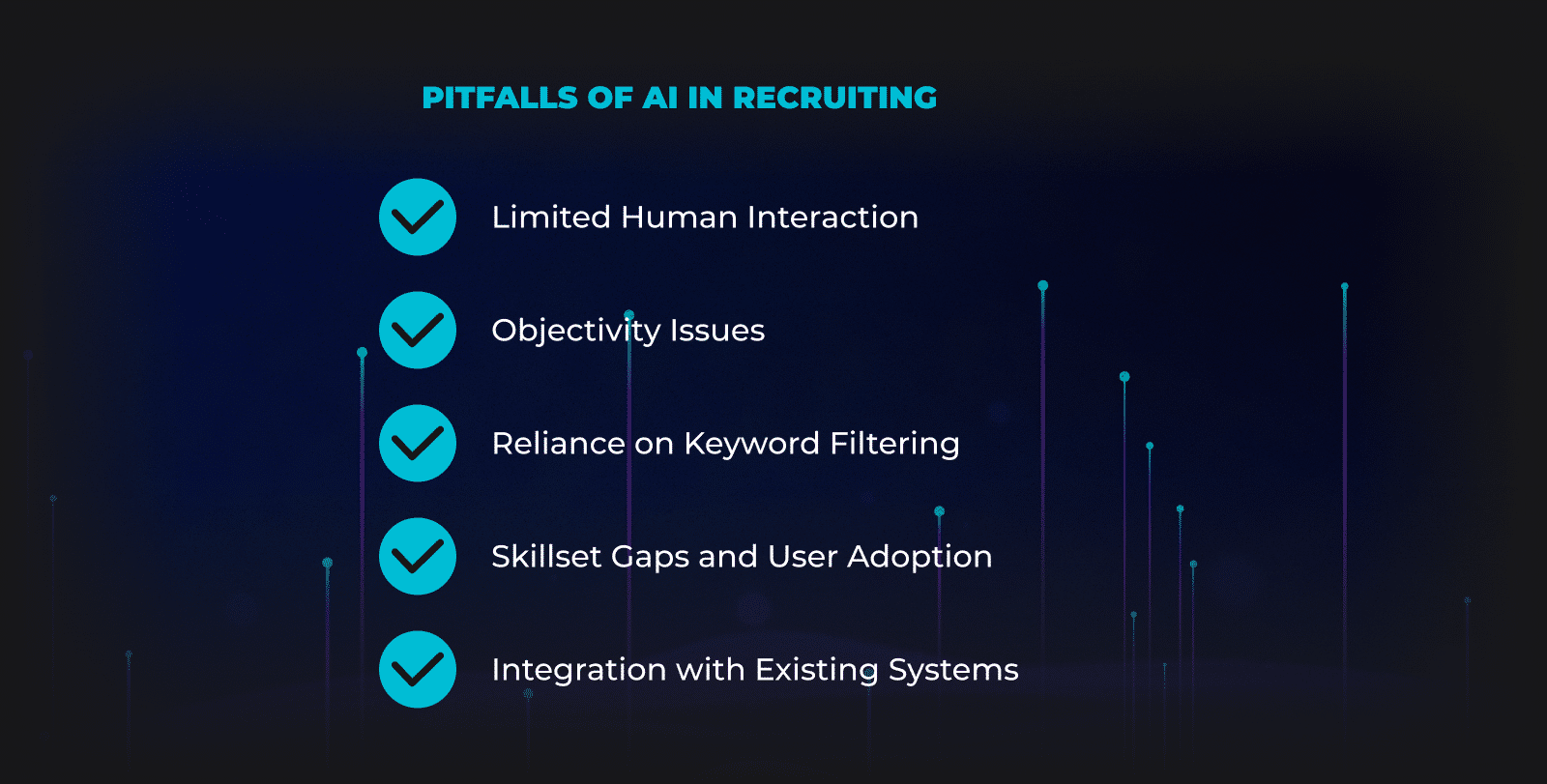
AI powered recruitment, like any tech advancement, has drawbacks. As HR adopts digital recruitment, it’s vital to note potential issues.
Limited Human Interaction
AI efficiently sorts resumes but can’t match the human ability to understand emotions and nuanced judgments. This is crucial in assessing interpersonal skills and cultural fit during interviews. With this limitation, you may have inaccurate evaluations and missed opportunities in recruitment.
Objectivity Issues
Algorithms seem fair, but they tend to reflect the biases in the data they learn from. For example, if AI hiring tools use biased historical data, they can unconsciously carry over inequalities and discrimination in selecting candidates. This bias in artificial intelligence recruiting has led to controversies, emphasizing the need for ongoing monitoring and auditing to ensure fairness in the hiring process.
Reliance on Keyword Filtering
AI recruitment often uses keyword filtering, focusing on specific skills and potentially missing a candidate’s broader abilities like creativity or problem-solving. This narrow approach can overlook exceptional candidates who don’t match the exact keywords but are otherwise suitable for the role.
Skillset Gaps and User Adoption
HR professionals may struggle with using AI in recruitment process effectively, resulting in less-than-ideal outcomes. Employees may also not want to use AI in recruitment and selection processes due to job loss fears and reliability concerns. Proper training and support are crucial for successful AI implementation and acceptance in the hiring process.
Integration with Existing Systems
Recruiters often have specialized systems to manage recruitment processes, and incorporating AI into these systems can be challenging. It will require substantial customization to ensure smooth operation. Compatibility problems between AI and existing systems may slow down recruitment processes, causing frustration and delays for recruiters and candidates alike.
Examples of Artificial Intelligence in Recruitment
Many companies are using AI in recruiting to get better outcomes. Here are three examples:
Vodafone
Vodafone, a top telecom company, streamlined its recruitment with AI and automation, using video interviews. Candidates answer standardized questions, and the AI program evaluates factors like body language and speech. With 50,000+ participants, this approach has reduced Vodafone’s hiring time by 50%.
Intuit
Intuit, a financial software company, employs AI and automation to enhance its hiring process. By evaluating candidates against profiles of successful employees, Intuit efficiently identifies top-quality candidates. This automated method has significantly reduced the time it takes to hire, with the company now completing the process in less than 30 days for prioritized candidates, compared to the usual 62 days.
Indigo
Indigo, Canada’s leading bookstore and gift store, streamlined its hiring process by incorporating artificial intelligence and automation. With over 2000 weekly job applications, the company adopted AI for CV screening. This move slashed recruitment costs by 75%, lowered the cost per hire by 71%, tripled the number of qualified candidates, and boosted recruitment efficiency nearly fourfold compared to the previous conventional approach.
Over To You
Integrating AI and automation into your hiring process, particularly in the IT industry, can improve your results. By using these technologies, you can tailor your pitches to candidates and quickly shortlist them based on job requirements. Furthermore, you can engage them with AI chatbots and analyze their suitability through video interviews. This approach speeds up hiring, reduces bias, and helps pinpoint the best candidates. It is a more efficient way to hire.
If you’re facing a surge in tech positions without adequate internal HR resources, partnering with a global IT staffing provider like Newxel is the perfect solution. Whether you need IT staff augmentation, a dedicated development team, or an offshore development center, our AI-powered approach ensures 100% matching specialists. We handle full financial and legal support, allowing you to focus on creating your product without distractions.
Enhance your hiring strategy by partnering with Newxel today!




